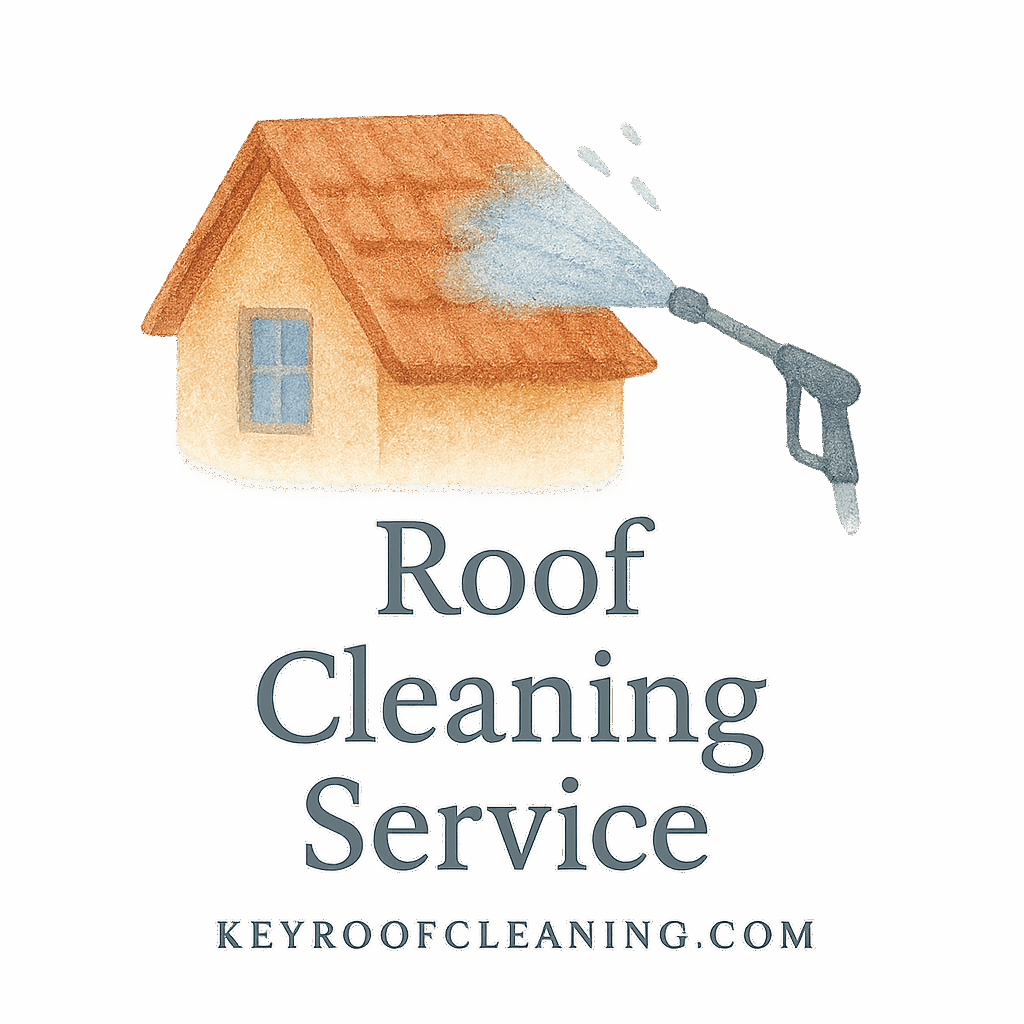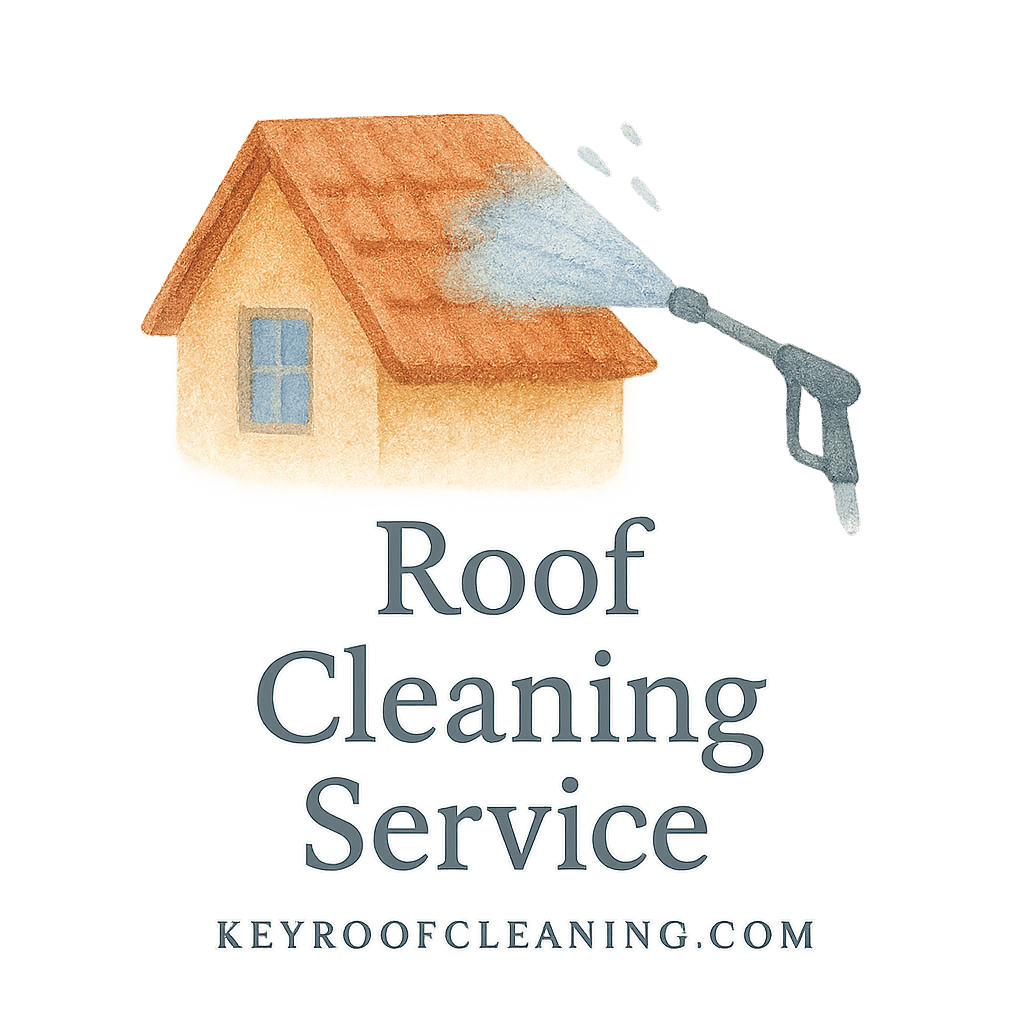Ever found yourself gazing up at your roof thinking, “Looks like it’s time for a cleaning”? Well, if you’re a pro—or even a seasoned DIYer—you know roof cleaning is more than just soap and water. It’s a high-stakes job demanding serious safety gear. Let’s dig into 7 Roof Cleaning Safety Gear Items Every Pro Should Wear to keep yourself safe, confident, and ready for action!
And hey, if you’re curious about the basics, check out Key Roof Cleaning’s guide to roof cleaning basics. It’s a treasure trove of insights!
Why Roof Cleaning Safety Gear Matters
Roof cleaning sounds simple—until you’re perched two stories up, balancing on tiles slick with cleaning solution. Safety gear isn’t an optional extra; it’s your personal insurance policy.
According to the experts at Key Roof Cleaning, accidents happen fast. A moment of carelessness, a slippery patch, or unexpected weather can turn a routine job into a hospital visit. The right gear helps you avoid that scenario.
Understanding the Hazards of Roof Cleaning
Let’s be honest: roofs are dangerous territory. Here’s why.
Slips and Falls
Did you know falls account for the highest number of injuries in roof cleaning? Even experienced pros slip. That’s why ladder safety and personal fall arrest systems are lifesavers.
Chemical Exposure
Cleaning solutions can be harsh. Without proper protection, your eyes, skin, and lungs are at risk. For eco-friendly alternatives, check out green cleaning methods.
UV and Weather Exposure
Hours under the blazing sun or in gusty wind? That’s not just uncomfortable—it’s hazardous. UV rays can cause burns, and sudden storms make roofs treacherous.
Essential Roof Cleaning Safety Gear
So, what gear should you never be without? Here’s the pro’s checklist!
1. Non-Slip Safety Boots
Let’s kick things off—literally—with your boots.
Features to Look For
- Grippy rubber soles
- Waterproofing
- Lightweight yet sturdy design
A good pair can mean the difference between solid footing and a nasty slide.
Recommended Brands
Some brands loved by the pros include Cougar Paws and Red Wing. Always choose quality over cost—it’s your safety on the line!
Explore more in roof cleaning tools and products.
2. Safety Harness and Lanyard System
Next up: fall protection. A harness is your lifeline.
How to Use Them Correctly
Anchor it properly. Keep lanyards short to minimize fall distance. Practice using it on the ground first!
OSHA Requirements
Per OSHA standards, fall protection is mandatory for any work over 6 feet. Ignore it, and you’re risking your life—and hefty fines.
Need safety tips? Head over to maintenance safety.
3. Protective Eyewear
Your eyes are priceless. Protect them.
Types of Safety Glasses
- Standard impact-resistant
- Wrap-around goggles for chemical splashes
Anti-Fog and UV Features
Cleaning roofs often involves steam or mist. Anti-fog coatings keep your vision clear. Bonus points if your lenses block UV rays!
Learn about roof cleaning techniques that might involve splash hazards.

4. Durable Gloves
Your hands face serious hazards—from chemicals to sharp edges.
Material Matters
- Nitrile for chemical protection
- Leather for grip and abrasion resistance
Gloves for Chemical Safety
Always check compatibility with your cleaning solutions. Some gloves melt under harsh chemicals!
Curious about safe products? See biodegradable solutions.
5. Respiratory Protection
Roof cleaning can stir up dust, mold spores, and chemical fumes.
When is a Respirator Necessary?
Whenever using potent cleaners—or when you see visible mold. Even “eco-friendly” solutions can irritate sensitive lungs.
Types of Respirators for Roof Cleaning
- N95 masks for dust
- Full-face respirators for chemicals
Stay safe and eco-conscious by exploring eco-friendly cleaning options.
6. Hard Hat
It might feel overkill—but a hard hat is crucial.
Why Head Protection is Crucial
Slipping tools, unexpected debris, or banging your head against vents are all real hazards.
Comfort and Fit
Choose lightweight, adjustable models. If it’s not comfy, you won’t wear it.
7. High-Visibility Clothing
Want drivers, coworkers, or even homeowners to see you clearly? Wear bright colors!
Benefits on Residential vs. Commercial Jobs
On residential jobs, it’s about visibility around driveways and landscaping. On commercial sites, it’s often mandatory for OSHA compliance.
Maintenance and Care
Wash hi-vis gear regularly to keep it bright. Dirty neon-yellow is practically invisible!
Tips for Staying Safe While Roof Cleaning
Gear alone won’t keep you safe—you’ve got to be smart.
Inspect Your Gear Regularly
Frayed harness straps? Toss them. Cracked goggles? Replace them. Check everything before each job.
Train Yourself or Your Crew
Knowledge saves lives. Learn proper cleaning methods via Key Roof Cleaning’s training resources.
Plan Your Work in Good Weather
Don’t fight wind, rain, or blistering heat. Pick your day carefully—it’s part of your safety strategy.
Eco-Friendly and Safe Roof Cleaning
You can clean your roof—and protect the planet.
Choosing Biodegradable Solutions
Green products are gentler on your lungs and the environment. Learn about green living while maintaining a spotless roof.
Protecting the Environment and Yourself
Eco-friendly doesn’t mean weak cleaning power. Check out environmentally safe solutions that pack a punch.
Conclusion
Roof cleaning isn’t just about curb appeal. It’s serious business with real risks. Suiting up with the 7 Roof Cleaning Safety Gear Items Every Pro Should Wear is how you protect yourself—and your business.
Want to know more? Dive into the resources at Key Roof Cleaning. They cover everything from roof types and materials to delicate roof care.
Stay safe out there, pros!
FAQs
Q1: Do I really need a harness for a low-slope roof?
Absolutely! Slopes can be deceptive. A harness is your safety net, even on “easy” roofs.
Q2: Can I use any gloves for roof cleaning?
Nope. Pick gloves that resist chemicals and give you grip. Ordinary gardening gloves won’t cut it.
Q3: Is biodegradable cleaner less effective?
Not necessarily. Many biodegradable products work as well—or better—without harming you or the environment.
Q4: What’s the best time of day for roof cleaning?
Early morning or late afternoon avoids harsh sun and heat. Plus, surfaces are cooler and safer to walk on.
Q5: Should homeowners try cleaning their roofs themselves?
Sometimes—but only if it’s safe and the slope is manageable. Otherwise, hire pros who know the ropes (literally!).
Q6: Do safety boots need to be waterproof?
Definitely. Wet roofs are dangerous enough without soggy socks distracting you.
Q7: Are high-visibility vests necessary for residential jobs?
While not legally required, they’re a smart move, especially if you’re working near roads or driveways.


